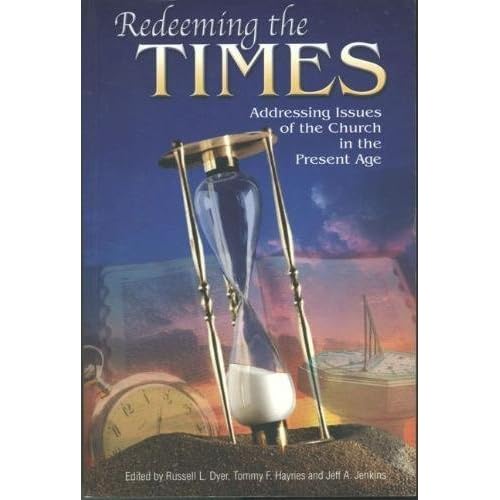Christianity at a Great Bargain
 Brett Petrillo
Brett Petrillo  Tuesday, February 26, 2013 at 5:04PM
Tuesday, February 26, 2013 at 5:04PM 
The way the economy is today, people are always looking for the best bargain. We look for discounts, sales, freebees, and products at the best value. We look for deals on clothes, groceries, furniture, and just about everything else. It isn’t surprising then for people to look for Christianity at a bargain as well.
What do we mean by “bargain Christianity”? Think of it this way, every denomination claims to be able to show how to get to heaven, but nearly every one of them has a different way to get there. As a result, many people end up settling for the brand of Christianity that requires the least amount of effort to get to heaven and seems to fits them the best.
Let’s say there are two form of Christianity we are considering. One follows Scripture very closely and puts incredible effort into following every command found in the New Testament. People following this form will strive their entire lives to sin less, to be closer with God, and could even miss the heavenly reward if not followed. The other form simply asks that we have faith in Jesus and make him our personal savior, thereby saving us and making it impossible to ever fall away from grace, no matter what we do. People following this form can literally never be lost in sin ever again, no matter how bad or sinful the rest of their lives are. If both of these brands of Christianity were going to get you to heaven, which would you choose? Obviously we would choose the second option because it’s much easier and seems to be a better bargain. The problem is, this doesn’t fit with the Christianity in Scripture (Galatians 5:4; Revelation 2:10; Matthew 7:21-23; etc).
Even though denominations seem like a steal, they are actually gimmicks and knockoffs of true Christianity. Scripture has always made it clear that there is a very specific and limited way to reach heaven. Jesus said in the singular tense, “I am the way, and the truth, and the life; no one comes to the Father but through Me” (John 14:6). To make it even clearer, Jesus talked about one, and only one, road that leads to life, and the other road that leads to destruction (Matthew 7:13-14). The inspired apostle Paul reinforced this idea by saying, “There is one body and one Spirit, just as also you were called in one hope of your calling; one Lord, one faith, one baptism, one God and Father of all who is over all and through all and in all” (Ephesians 4:4-6).
In reality, there is no such thing as “bargain Christianity.” According to Scripture, either we are a part of the one and only church found in Scripture (Acts 2), or we are being deceived by Satan and those who are “disguised as servants of righteousness” (2 Corinthians 11:14-15; 4:3-4; Matthew 7:21-23). The only way to know the truth is to follow the Bible’s commands.
The Christianity God offers to all people could not come at any better price as it is! There is only one true form of Christianity; all other brands are gimmicks and knockoffs. Thankfully, Scripture gives very specific guidelines for salvation, worship, and the organization of the church to make true Christianity easier to identify.
Are you part of the one church found in Scripture? Would you like to know more about the Christianity found in the Bible? Do you have questions? If so, please let us know so we can study and find the truth together.
 Christianity,
Christianity,  Denominations
Denominations 





